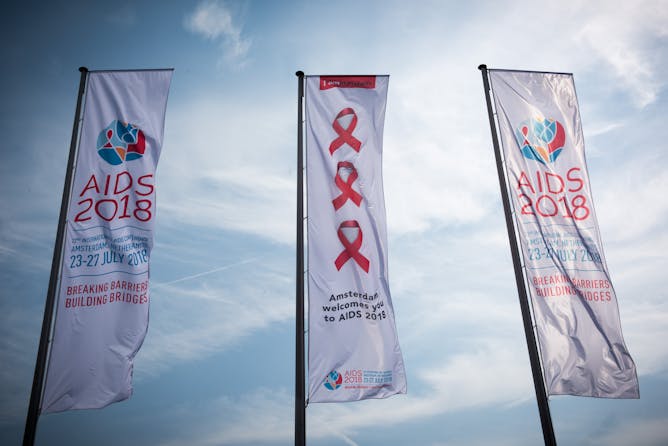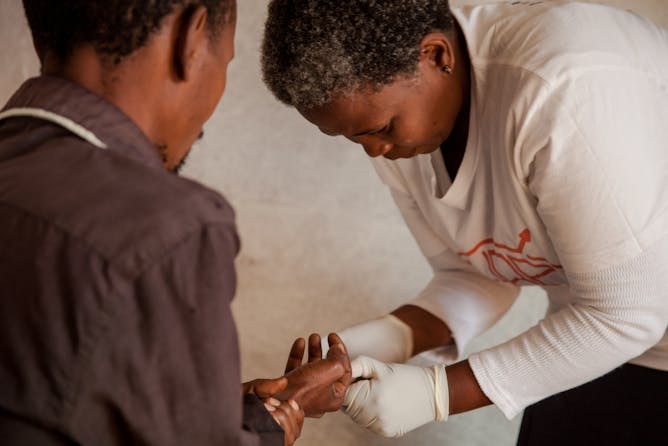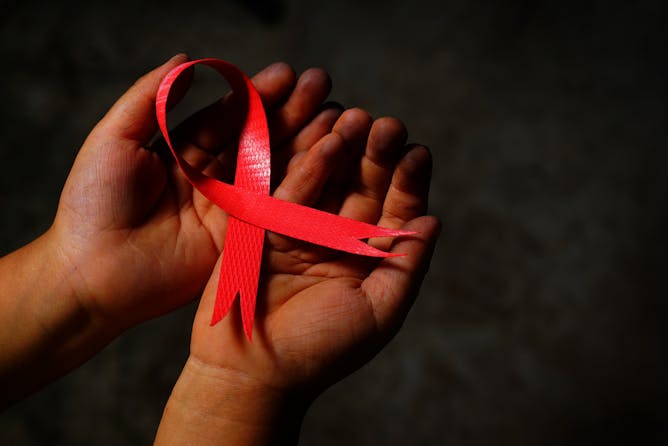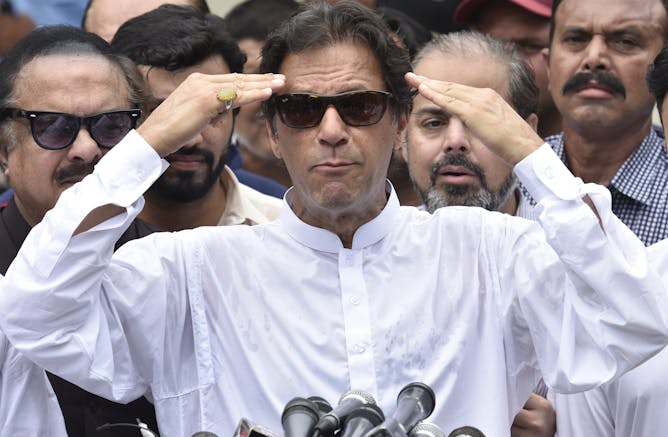|
A great deal of stock taking is being done on HIV and AIDS to coincide with the 22nd International AIDS conference in Amsterdam. There’s clear evidence that there have many remarkable breakthroughs in finding solutions to the pandemic, but the goal of eradicating HIV and AIDS by 2030 still isn’t attainable.
Linda-Gail Bekker reflects on what the next steps should be while Morna Cornell looks at why men should be targeted in testing and treatment. For their part Mary-Ann Davies and Amy Slogrove explain research that’s been done on children who were born at the turn of the century and put on ARVs by the time they were 10.
In Pakistan, Imran Khan has emerged as the victor in the country’s latest election. Katharine Adeney warns that his battles have only just begun, after Pakistan’s ‘dirtiest election’.
|

More than 15 000 researchers, activists and policymakers descend on Amsterdam this week for the 22nd International Aids Conference.
Marcus Rose/IAS
Linda-Gail Bekker, University of Cape Town
The HIV epidemic is far from over and it's not time to disengage, says International Aids Society President Linda-Gail Bekker.
|

A community health worker conducting a HIV test in a mobile clinic in a remote part of KwaZulu-Natal.
Greg Lomas / Médecins Sans Frontières
Dr Morna Cornell, University of Cape Town
Women and children remain the focus of HIV while men are disadvantaged in accessing testing and treatment in Africa.
|

Shutterstock
Mary-Ann Davies, University of Cape Town; Amy Slogrove, Stellenbosch University
The first global comparison of adolescents that acquired HIV as newborns highlights the challenges around treatment.
|

EPA/T Mughal
Katharine Adeney, University of Nottingham
Accusations of election rigging, opposition parties enraged and international relations tense. It won't be an easy term for the man most likely to lead Pakistan.
|